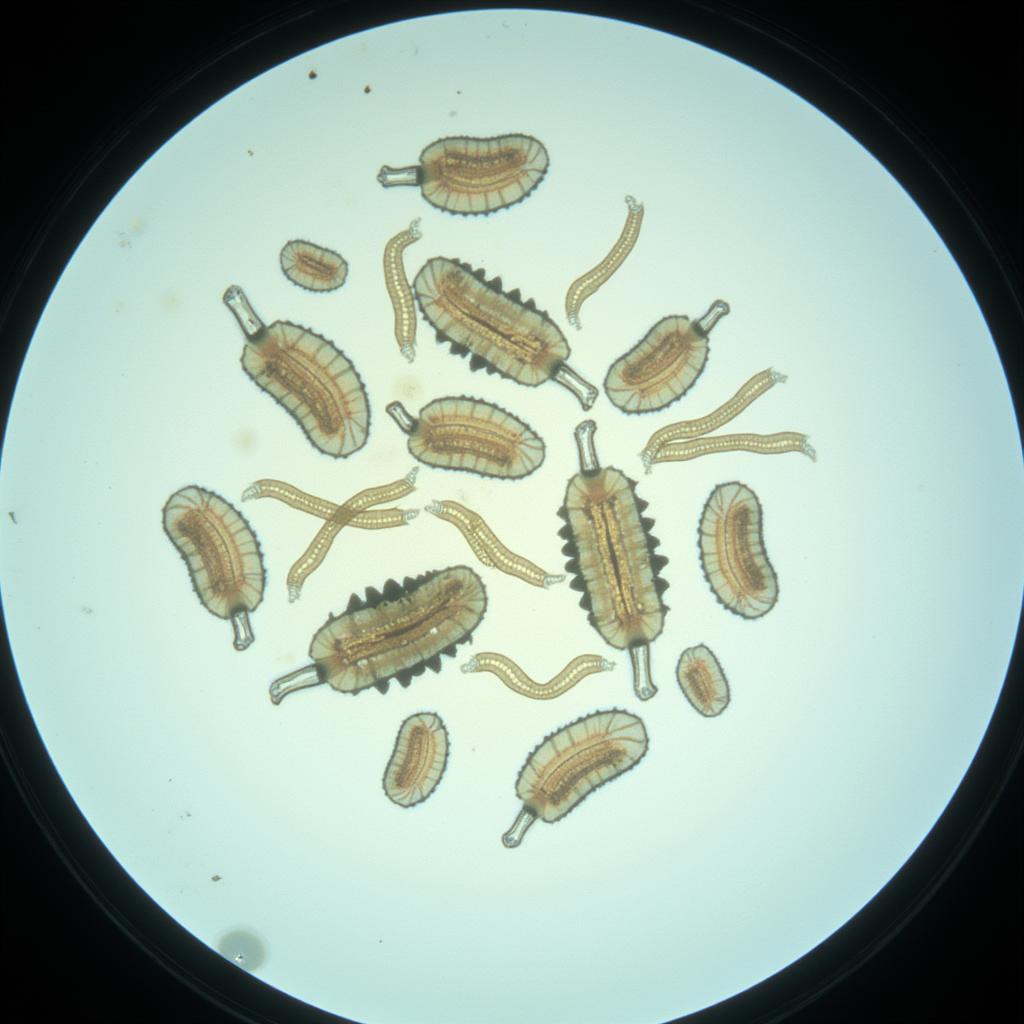Why Did My Rabbit Die Suddenly?
October 14, 2024Losing a beloved pet is always painful, especially when it happens unexpectedly. If your rabbit died suddenly, you’re likely feeling a range of emotions, including sadness, confusion, and possibly even guilt. It’s natural to wonder what could have happened. While it’s impossible to know for sure without a necropsy (animal autopsy), there are several common causes of sudden death in rabbits.
Understanding the Fragile Nature of Rabbits
Rabbits are prey animals, which means they’re hardwired to hide signs of illness or weakness. In the wild, showing vulnerability can make them a target for predators. Unfortunately, this survival instinct can make it difficult for owners to recognize when their rabbits are sick. By the time symptoms become obvious, the underlying condition may have progressed significantly.
Potential Causes of Sudden Death in Rabbits
1. Gastrointestinal Stasis (GI Stasis)
GI stasis is a serious and potentially fatal condition that occurs when a rabbit’s digestive system slows down or stops completely. It can be caused by a variety of factors, including:
- Inadequate Fiber Intake: Rabbits need a diet high in fiber to keep their digestive system moving.
- Stress: Changes in environment, loud noises, or travel can stress rabbits, leading to GI stasis.
- Pain: Pain from another health issue can cause a rabbit to stop eating and drinking.
- Dehydration: Dehydration can exacerbate GI stasis and make it more difficult to treat.
Symptoms of GI Stasis:
- Loss of appetite
- Small or absent fecal pellets
- Lethargy
- Abdominal pain
- Gas buildup
2. Internal Parasites
Rabbits can be infected with various internal parasites, such as worms and coccidia. These parasites can cause a range of health problems, including diarrhea, weight loss, and death in severe cases.
 Microscopic View of Intestinal Parasites
Microscopic View of Intestinal Parasites
3. Heart Conditions
Heart problems can cause sudden death in rabbits, particularly in older rabbits. Some common heart conditions include cardiomyopathy (enlarged heart) and heartworm disease.
Symptoms of Heart Problems:
- Difficulty breathing
- Blueish tinge to the gums
- Lethargy
- Loss of appetite
4. Heatstroke
Rabbits are highly susceptible to heatstroke, which can occur when their body temperature rises too high. Overheating can happen quickly, especially in hot, humid weather or if a rabbit is left in a car or other enclosed space without adequate ventilation.
Symptoms of Heatstroke:
- Rapid breathing
- Drooling
- Weakness
- Seizures
- Reddened ears
5. Toxic Ingestion
Rabbits are curious creatures and may nibble on plants, household items, or other substances that are toxic to them. Some common toxins include:
- Certain plants (lilies, tulips, azaleas)
- Chocolate
- Avocado
- Medications
 Common Household Plants Toxic to Rabbits
Common Household Plants Toxic to Rabbits
What to Do If Your Rabbit Dies Suddenly
If your rabbit dies suddenly, it’s important to:
- Contact Your Veterinarian: Even if you’re certain your rabbit has passed, your vet can offer guidance and may be able to help determine the cause of death.
- Handle Your Rabbit’s Body with Care: Wear gloves if possible, and wrap your rabbit in a towel or blanket.
- Consider a Necropsy: A necropsy can help determine the cause of death, which may give you some closure and help you prevent similar issues in other pets.
- Grieve in Your Own Way: Losing a pet is a significant loss. Allow yourself time to grieve and remember your rabbit.
Preventing Sudden Death in Rabbits
While not all causes of sudden death are preventable, there are steps you can take to help keep your rabbit healthy and reduce the risks:
- Provide a High-Fiber Diet: Offer unlimited hay, fresh leafy greens, and a limited amount of high-quality rabbit pellets.
- Regular Veterinary Checkups: Take your rabbit for annual checkups and any time you notice changes in their behavior or health.
- Rabbit-Proof Your Home: Remove any potential hazards, such as toxic plants, electrical cords, and small objects.
- Offer a Stress-Free Environment: Provide a safe, quiet space for your rabbit, and avoid making sudden changes to their routine.
- Monitor for Signs of Illness: Be observant of any changes in your rabbit’s eating habits, activity level, or bathroom habits. Early intervention is crucial for treating many rabbit illnesses.
Remember, sudden death in rabbits can be devastating, but understanding the potential causes and taking preventative measures can help protect your furry friend.
If you suspect your rabbit is ill or injured, don’t hesitate to contact your veterinarian immediately. For any concerns regarding your rabbit’s health, you can reach us, our team is available 24/7 at Phone Number: 0915117113, Email: [email protected] or visit our address: To 3 Kp Binh An, Phu Thuong, Viet Nam, Binh Phuoc 830000, Viet Nam.